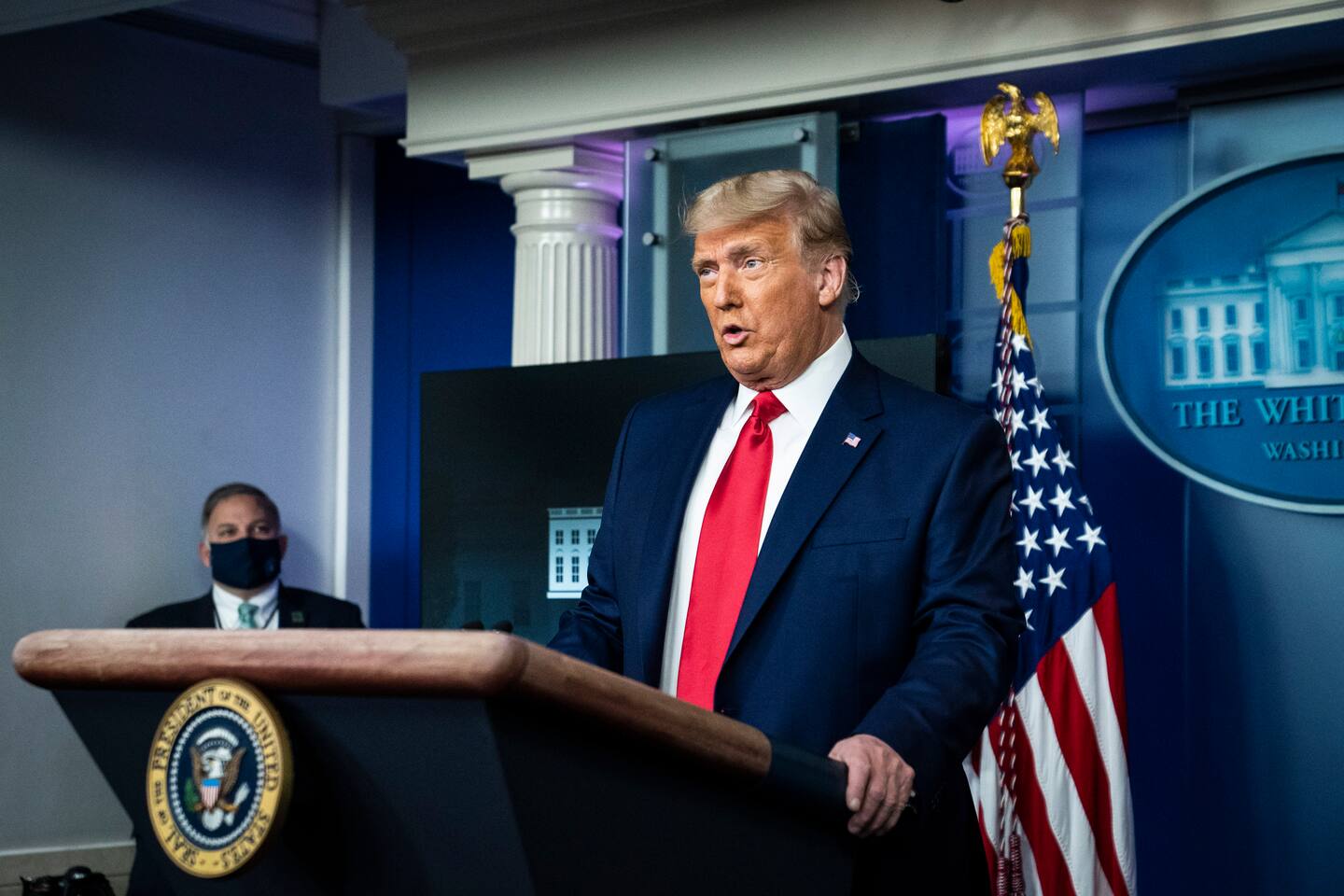This unnerving election does not bode well for the next one

What if the differences between Trump and Joe Biden were fewer than 10,000 votes in just a few pivotal states, as easily could have been the case? The unsettling lesson of 2020 is that a presidential election does not need to be as close as George W. Bush vs. Vice President Al Gore in 2000 — 537 votes in a single state — to be susceptible to subversion of the electorate’s will. The guardrails are flimsier than we understood.
The danger that America faces is not that the losing candidate will resort to litigation to overturn a clear election result. It’s that a cynical and unpatriotic candidate will deploy litigation as part of a broader political strategy — upping the pressure on state and local election officials, state legislatures, and Congress to negate the outcome.
In fact, litigation turned out to be the weakest part of Trump’s playbook. Since Election Day, courts have proved the most stalwart defenders of democracy. In case after case, in which the Trump campaign or its allies have asked judges to nullify the popular vote for president in a state, federal and state court judges have refused.
The lawsuits were so strained in their reasoning, and so lacking in supporting evidence, that they never seemed designed to achieve conventional courtroom victories. Instead, they seemed intended to cast just enough doubt on the election’s outcome for just long enough to let the political operation to gain traction.
In 2020, the plan backfired. The judicial shellacking of Trump’s fact-free claims gave backbone to these other political actors to withstand Trump’s all-out assault on letting the voters decide whom they wanted in the White House for the next four years.
And yet, it is important to recognize how vulnerable the electoral system remains to this kind of authoritarian pressure. Different individuals inhabiting the same political offices, or perhaps even the same individuals faced with just slightly less clear-cut circumstances, could have produced the opposite outcome this year — and could do so four years from now.
This year is a reminder of just how dependent democracy is on the little-known individuals who actually administer the process for counting the votes. In Georgia, Republican Secretary of State Brad Raffensperger emerged as the unexpected hero of upholding free and fair elections, asserting that “as an engineer,” he knows that “numbers don’t lie.”
Suppose, however, that Raffensperger had buckled under Trump’s attack and said that he did not trust his own state’s results? Even if the truth had been just the same, the public narrative over Georgia’s outcome might have played out far differently.
Even more obscure is Republican Aaron Van Langevelde. He’s the hero of Michigan’s state canvassing board, simply for insisting that it “follow the law as written” and thus, along with two Democratic members, certify Biden’s decisive 154,000-vote victory. But if he hadn’t? Who knows how messy Michigan could have become as part of Trump’s attempted power grab.
The core of Trump’s scheme was for state legislatures to appoint electors in defiance of the state’s popular vote. He took the extraordinary step of summoning Michigan legislators to the White House as part of his pressure tactics. They resisted this time, when there wasn’t even a colorable basis for claiming that the popular vote was corrupt. It’s when the pretext is more plausible that we should be really worried.
Biden always had the votes to stop any coup attempt as long as he could count on a few patriotic GOP senators, such as Mitt Romney (Utah), Susan Collins (Maine), Lisa Murkowski (Alaska) and Ben Sasse (Neb.). But for too many days, the number of congressional Republicans speaking up for the basic premise of democracy — that an election’s winner should be determined by the voters, and not an incumbent’s desire to remain in office — was uncomfortably low. No senator was truly tested by a “profiles in courage” moment this time. Would enough withstand the test if and when it truly mattered?
Ultimately, it should not be surprising that the resiliency of self-government depends on the strength of individuals, whether officeholders or citizens. But what makes this year’s narrow escape so unnerving is how far the plot to overthrow the election got with so little factual ammunition.
Watch Opinions videos:
Read more:






